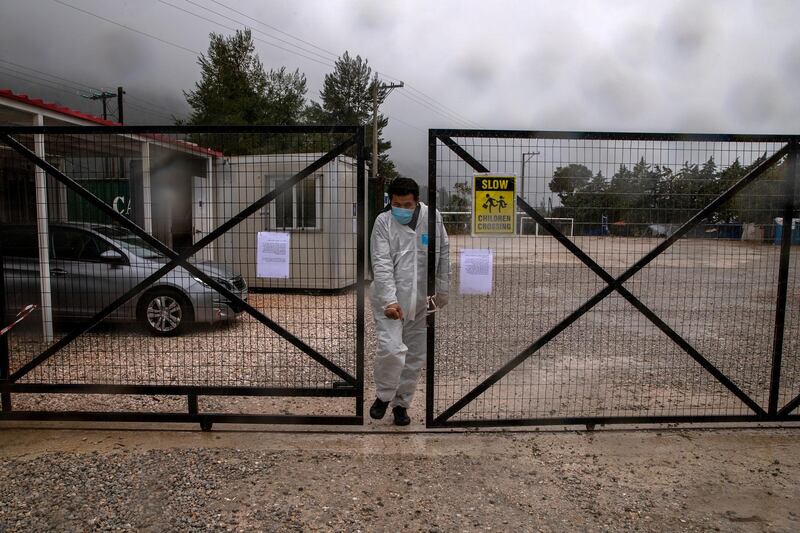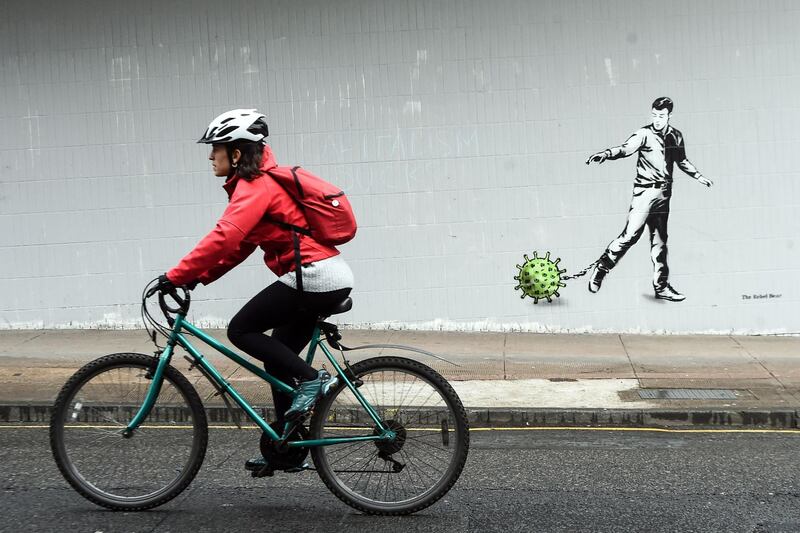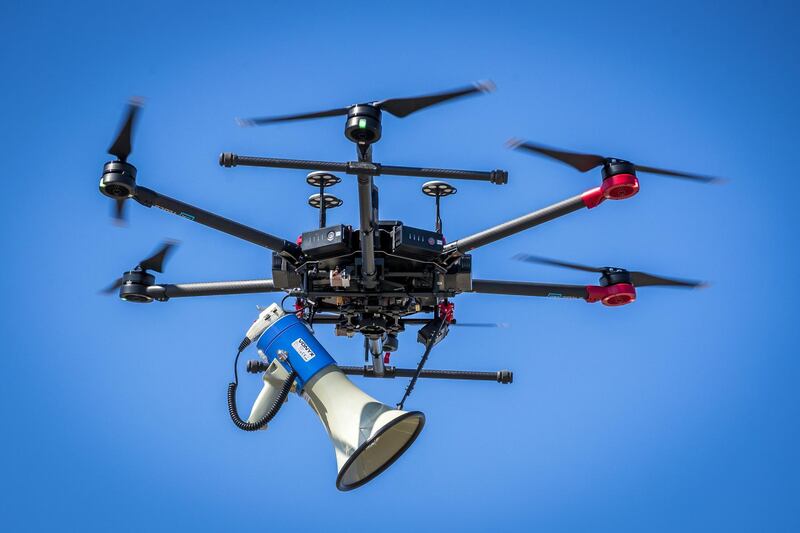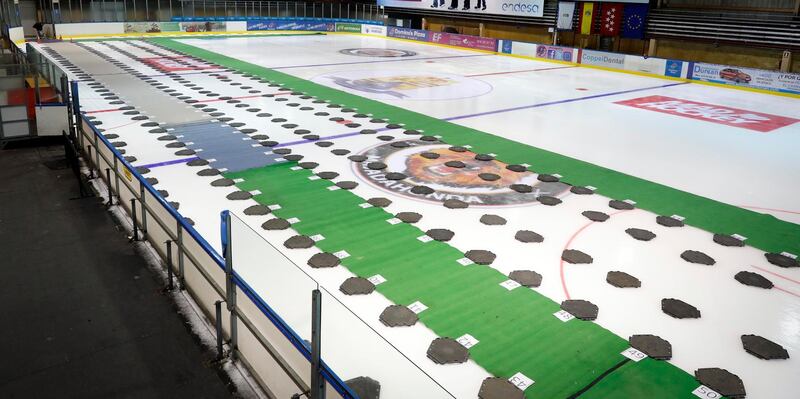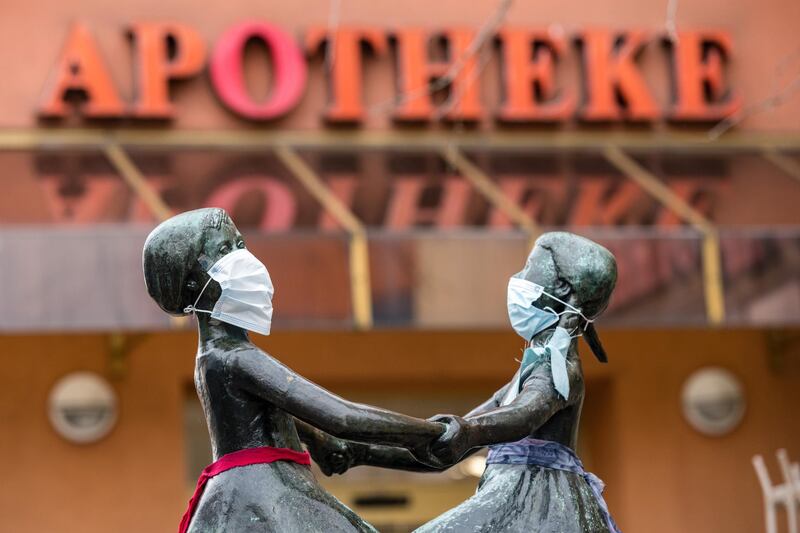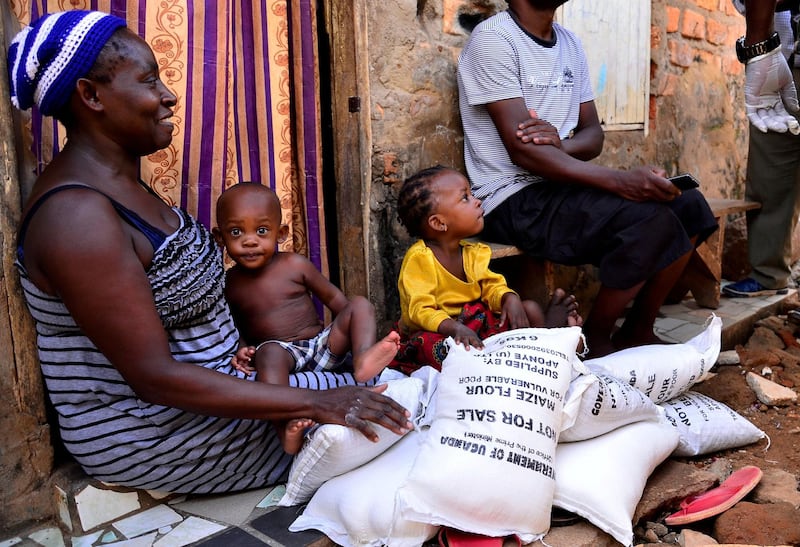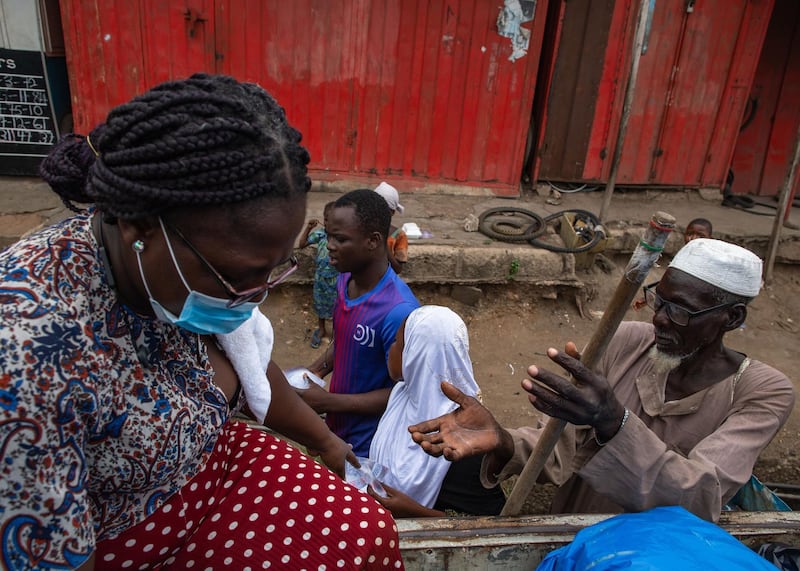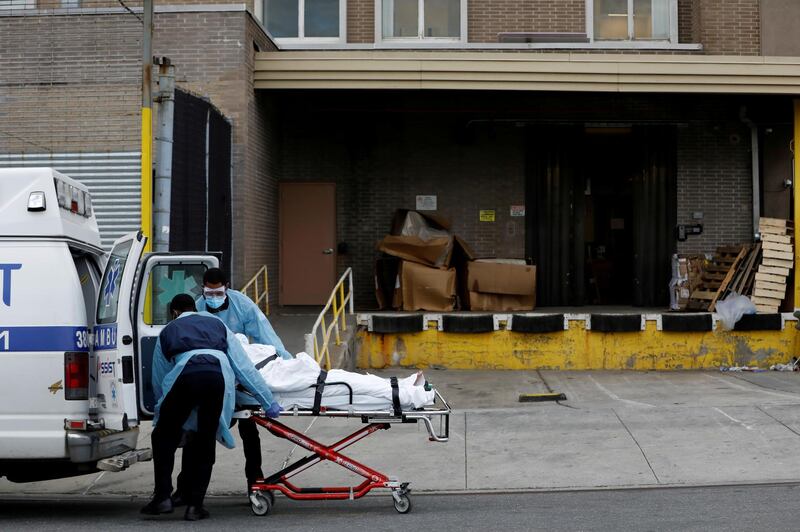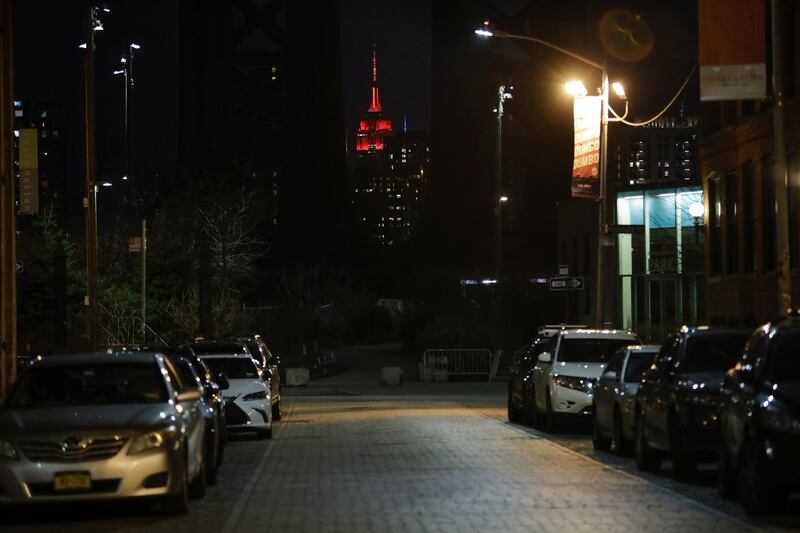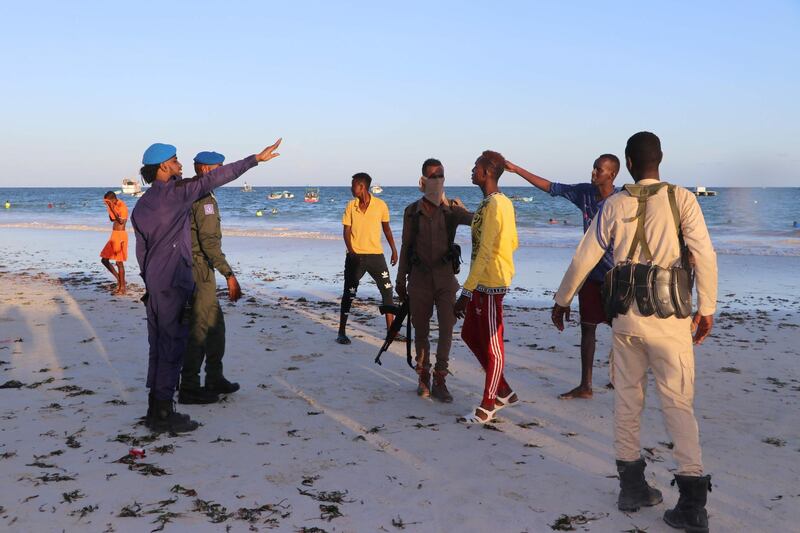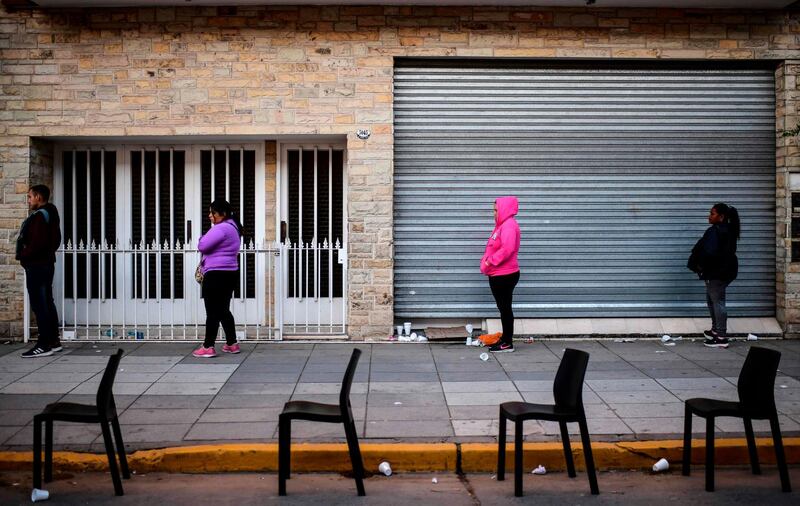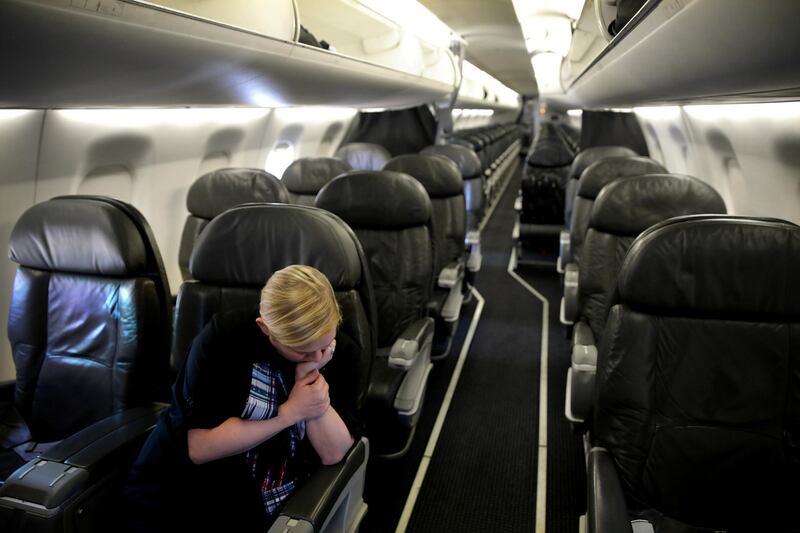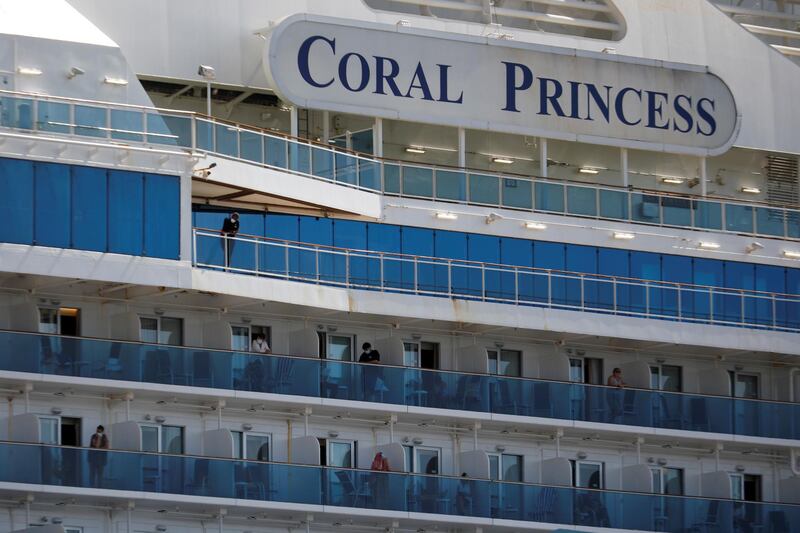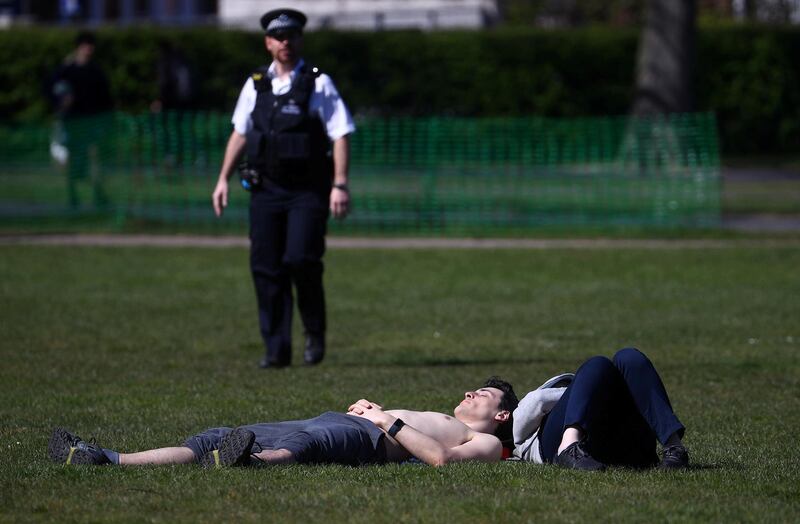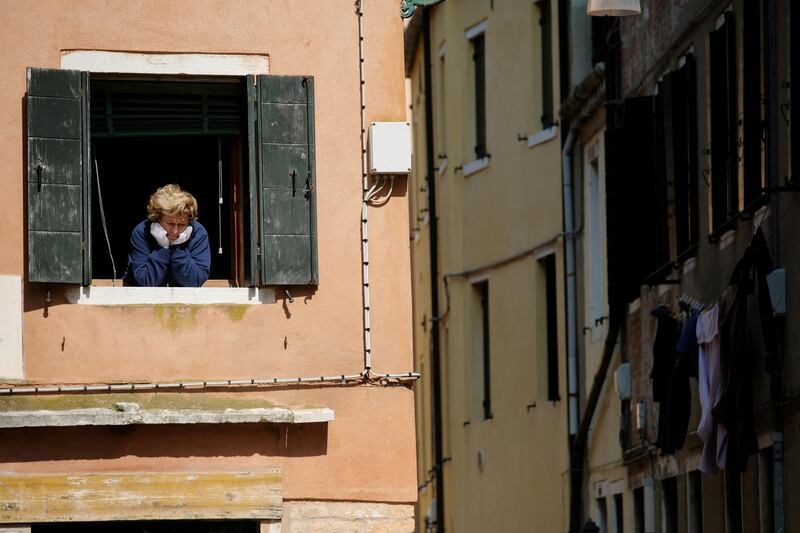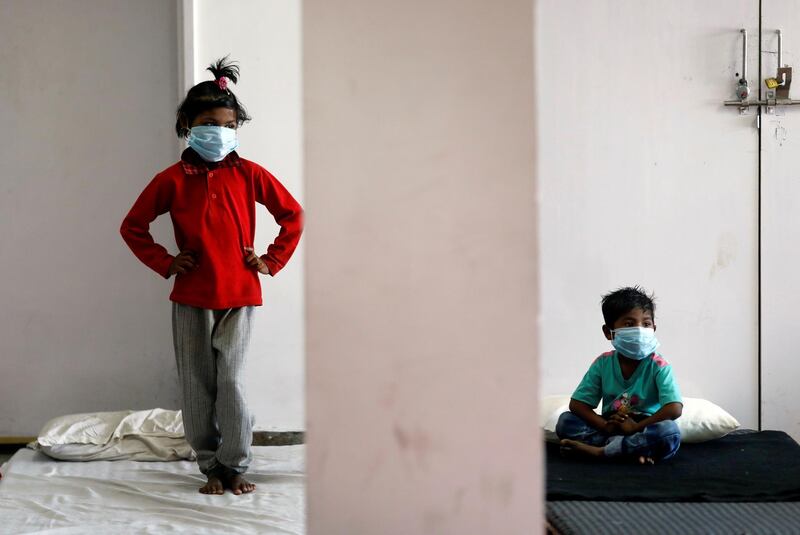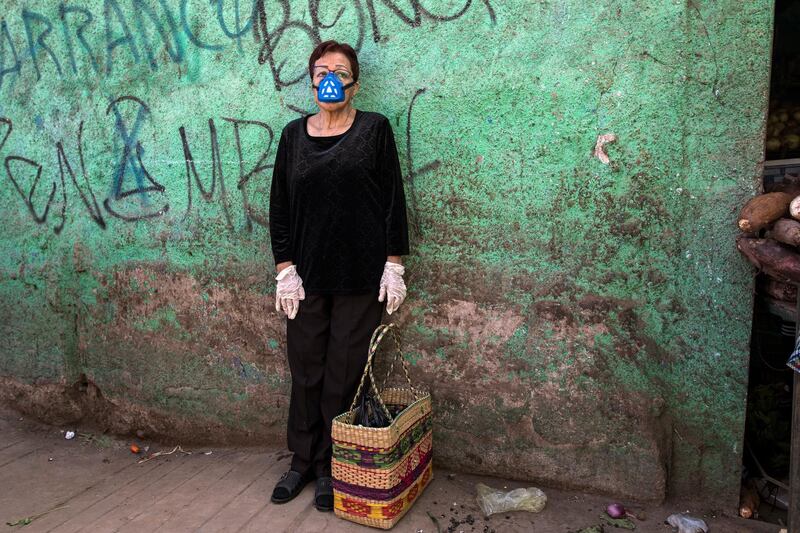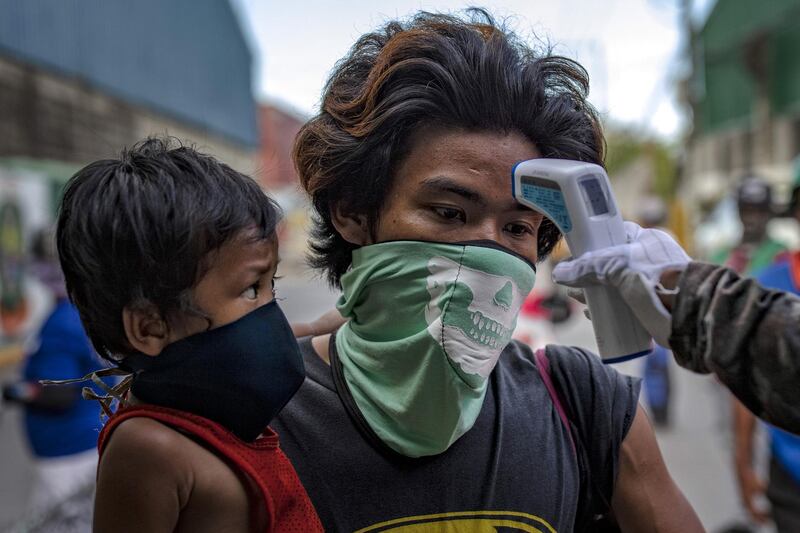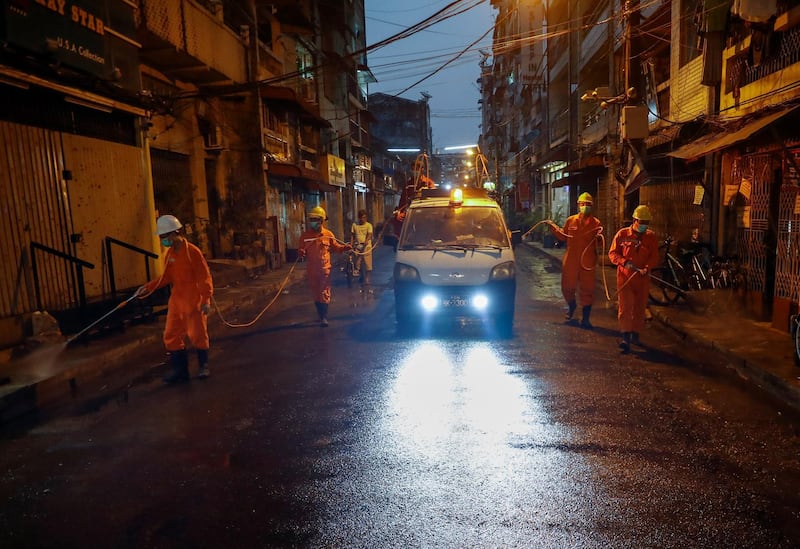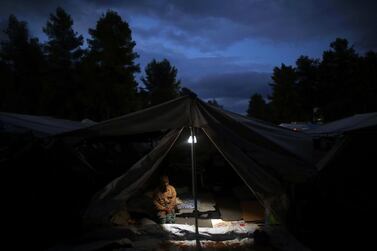Greece has quarantined a second migrant camp on its mainland after a 53-year-old man tested positive for the new coronavirus, the migration ministry said on Sunday.
The Afghan man lives with his family at the Malakasa camp along with hundreds of asylum seekers. He has been transferred to a hospital in Athens.
Tests on his contacts will continue as the public health agency tries to trace the route of the virus.
On Thursday, authorities quarantined the Ritsona camp in central Greece after 20 people tested positive for the coronavirus. It was the first such camp in Greece to be hit since the outbreak of the disease.
Greece was the main gateway into the European Union for more than a million people fleeing conflict in 2015 and 2016. More than 110,000 people live in migrant centres across the country – 40,000 of them in overcrowded camps on five islands.
The lockdown began Sunday morning. The camp is called an "open" one in official parlance, meaning the migrants there could leave and enter as they wished.
There are about 2,500 migrants living there, not all of whom are registered, according to Mihalis Hassiotis, a municipal councillor of Oropos, a town north of Athens where the camp is located.
The migrants stay in containers in crowded conditions. Mr Hassiotis said the camp was designed initially for 500 people and expanded over the years.
Greece recorded its first case of the new coronavirus at the end of February. Since then, it has confirmed 1,673 cases of Covid-19 and 68 deaths.
It has imposed a nationwide lockdown and banned arrivals from non-EU countries as well as Germany, Britain, Italy and Spain. The measures have hit its economy, which is relying on tourism for a recovery after a decade-long debt crisis.
Finance Minister Christos Staikouras said again on Sunday that the economy was expected to shrink by about 3 per cent to 4 per cent this year, but that Greece had a €37-billion (Dh146.84bn/US$40bn) cash buffer that it could tap into to support it.
